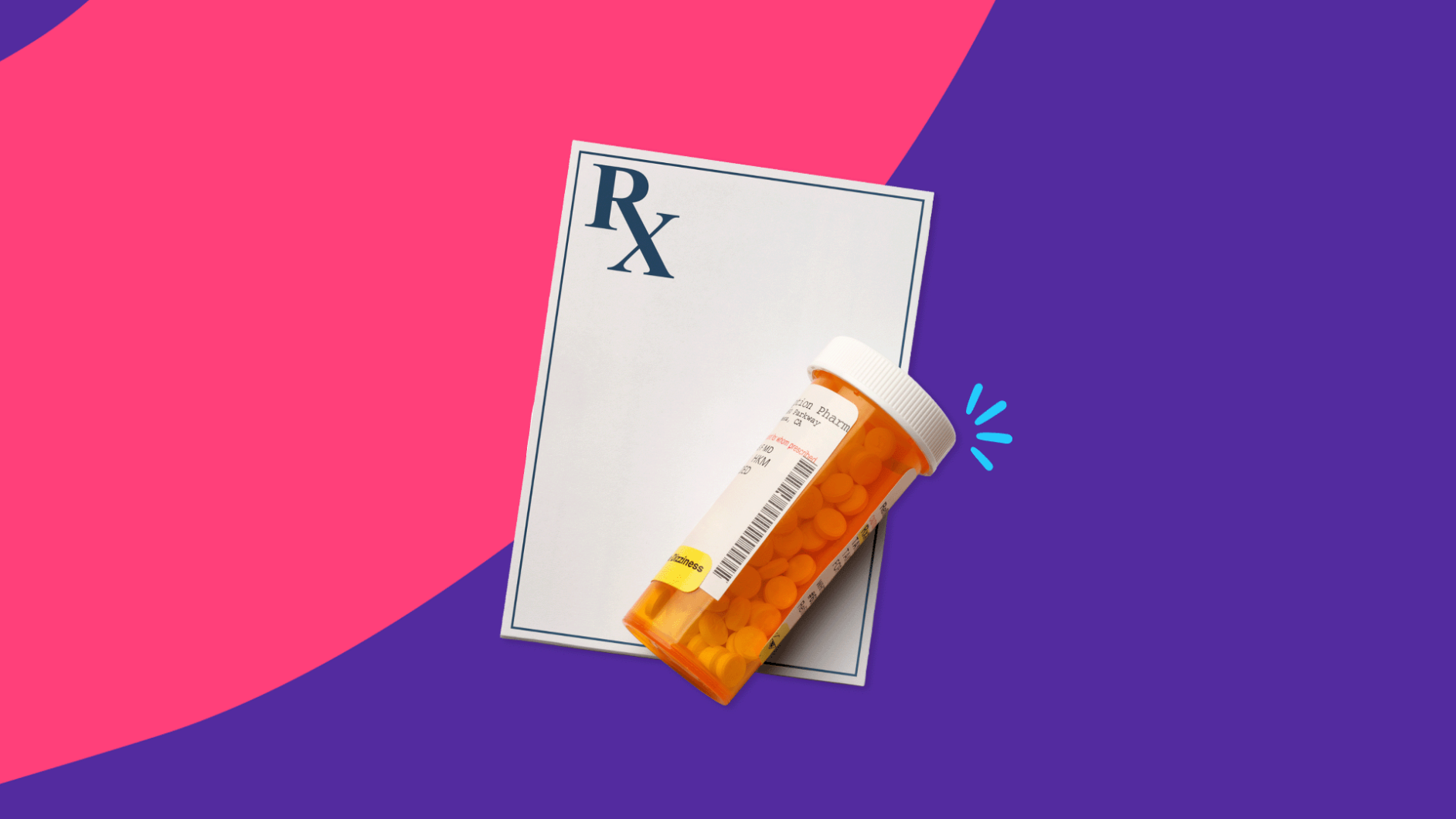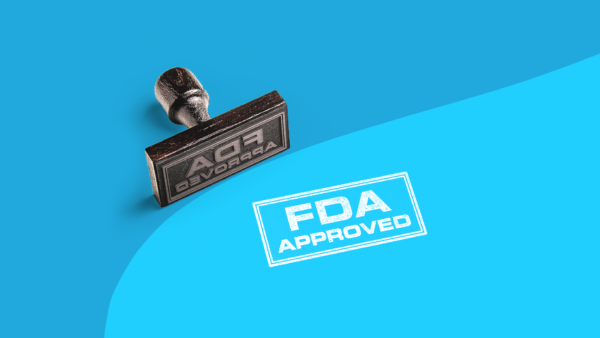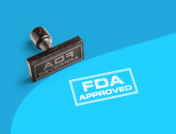Key takeaways
Adderall is a central nervous system stimulant drug used to treat attention deficit hyperactivity disorder (ADHD) in adults and children.
Many people with ADHD also have other mental health conditions, such as anxiety. They may want to know if Adderall will help both ADHD and anxiety.
Everyone is different and may react differently based on various individual factors. In some people, Adderall may worsen anxiety. In others, an improvement in ADHD symptoms from Adderall may indirectly help anxiety symptoms. Consult your healthcare provider for medical advice.
Adderall contains a mixture of two central nervous system stimulants (CNS), amphetamine and dextroamphetamine. It is approved by the United States Food and Drug Administration (FDA) to treat symptoms of attention deficit hyperactivity disorder (ADHD) in adults and children 3 years and older. It can also be used to treat narcolepsy in adults and children 6 years and older. Many patients with ADHD want to know if Adderall helps with anxiety. The short answer is that Adderall is not used to treat anxiety. However, ADHD and anxiety often go hand in hand, so effectively treating ADHD symptoms may indirectly help with anxiety symptoms. On the other hand, anxiety can occur as a side effect of Adderall. Continue reading to learn more about Adderall and anxiety.
Does Adderall help with anxiety?
According to the Anxiety and Depression Association of America (ADAA), approximately half of the adults with ADHD also have an anxiety disorder. Having both ADHD and anxiety can have a significant impact on one’s ability to function. Adults with ADHD are likely to have other mental health conditions, not just anxiety. People with ADHD may experience depression, bipolar disorder, or other mood disorders and mental disorders. So, to add another layer to treatment options, medical professionals often have to consider other coexisting health conditions—not just ADHD.
If you have ADHD and also experience anxiety, you may want to know if Adderall can help with both conditions. Unfortunately, the answer is not clear-cut. On the one hand, anxiety and nervousness are listed as side effects of Adderall and Adderall XR (the extended-release formulation of Adderall). Neither drug is FDA-approved to treat anxiety. What’s more, certain side effects of stimulant medications like Adderall or Adderall XR, such as a fast or pounding heartbeat or dry mouth, are also common physical symptoms of anxiety. So, experiencing these side effects from Adderall may worsen feelings of anxiety, according to the ADAA.
On the other hand, some individuals may find that ADHD causes a lot of anxiety, and treating ADHD with Adderall may improve ADHD symptoms, which, in turn, may reduce anxiety indirectly. However, it is important to note that Adderall does not directly reduce anxiety (and can be a common side effect of the drug, as discussed above).
One study found that treating ADHD with a stimulant drug like Adderall or Ritalin (methylphenidate) may help with anxiety. The researchers noted that effects might vary—for example, Adderall may temporarily alleviate anxiety in the short term, but using it over a long period of time could lead to more anxiety later on. Another study concluded that young males who took stimulant medication for ADHD had a significantly lower risk of developing depression and anxiety in adulthood.
Because everyone is different and has unique medical backgrounds, only a healthcare provider can determine if Adderall will be beneficial if you have both ADHD and anxiety.
What does Adderall do if you don’t have ADHD?
Adderall is classified as a Schedule II controlled substance. This means that Adderall use has a high potential for abuse, dependence, and severe addiction. Adderall has many potential side effects, including various serious and life-threatening side effects. It is important to use Adderall only when prescribed by a healthcare provider. According to the prescribing information, the way Adderall works is not entirely understood, but it is thought to increase dopamine and norepinephrine levels in the brain.
Misusing Adderall can cause many dangerous effects, such as:
- Fast heart rate
- Increased respiratory rate
- High blood pressure
- Sweating
- Dilated pupils
- Hyperactivity
- Restlessness
- Trouble sleeping
- Appetite loss
- Incoordination
- Shaking
- Vomiting
- Stomach pain
- Anxiety
- Psychosis
- Hostility
- Aggression
- Suicidal or homicidal ideation
- Overdose
- Death
Adderall side effects
In people who take Adderall for FDA-approved uses of ADHD or narcolepsy, common side effects include:
- Nervousness
- Headache
- Sexual problems
- Menstrual cramps
- Dry mouth
- Constipation or diarrhea
- Nausea
- Weight loss
People who have symptoms of an allergic reaction, such as hives, difficulty breathing, or swelling of the face, lips, tongue, or throat, should get emergency medical attention. You should also get emergency medical help if you have signs of a skin reaction that could be life-threatening, such as a rash, blistering or peeling skin, burning eyes, skin pain, or fever.
Symptoms of serotonin syndrome also require emergency medical help. Symptoms may include agitation, hallucinations, fever, sweating, confusion, a fast heartbeat, stiff muscles, incoordination, or stomach problems like nausea, vomiting, or diarrhea.
Adderall can cause sudden death in children and teenagers, especially in those with heart problems. It can also cause sudden death, heart attack, or stroke in adults, especially those with heart problems. Get emergency medical help if you or your child has chest pain, shortness of breath, or fainting.
Other possible serious side effects that require immediate medical attention include:
- Problems with vision or speech
- Dizziness
- Numbness or weakness of an arm or leg
- Seizures
- Tics
- Grinding the teeth
- Changes in mood or behavior, such as depression, hallucinations, manic mood, and others
- Pale or blue fingers or toes
- Pain, numbness, burning, or tingling in the hands or feet
- Unexplained wounds on the fingers or toes
Who shouldn’t use Adderall?
Adderall is not appropriate for everyone. Individuals who should not take this prescription medication include:
- People who are allergic to amphetamine (or other amphetamine products) or any ingredient in Adderall
- People who take a drug in a class called monoamine oxidase inhibitors (MAOIs) or within 14 days of taking an MAOI
- People with certain heart problems or moderate to severely high blood pressure
- People in an agitated state
- People with a history of substance use disorder
- People with glaucoma
- People who are pregnant or breastfeeding
RELATED: Adderall alternatives: What can I take instead of Adderall?
Which ADHD medication is best for anxiety?
According to the ADAA, having anxiety can make ADHD treatment more complicated. The healthcare professional will need to carefully consider many factors in selecting the best treatment, which is often a combination of medication, cognitive behavioral therapy with a mental health professional, and other interventions. Often, the severity of symptoms of ADHD and anxiety will help the healthcare provider determine the best treatment plan for each individual. For example, if ADHD is causing anxiety, treating the ADHD first may help the anxiety.
One review of studies noted that Strattera (atomoxetine) is effective in improving both ADHD and coexisting anxiety and depression. This review also indicated that a combination of a prescription stimulant drug along with a selective serotonin reuptake inhibitor (SSRI) or serotonin-norepinephrine reuptake inhibitor (SNRI) could be effective in treating people with ADHD and anxiety or depression.
Because everyone has a unique medical history and medical condition(s), there is no one best ADHD medication that is sure to be successful for everyone. Consult your healthcare provider for more information and medical advice about treating your condition.
Sources
- Adderall, DailyMed (2023)
- Adderall XR, DailyMed (2023)
- Dextroamphetamine and amphetamine, MedlinePlus (2019)
- Dextroamphetamine-amphetamine, StatPearls (2023)
- Anxiety, MedlinePlus (2023)
- Adult ADHD (Attention Deficit Hyperactive Disorder), Anxiety & Depression Association of America (2024)
- The pharmacology of amphetamine and methylphenidate: Relevance to the neurobiology of Attention-Deficit/Hyperactivity Disorder and other psychiatric comorbidities, Neuroscience & Biobehavioral Reviews (2018)
- Adult ADHD and comorbid disorders: Clinical implications of a dimensional approach, BMC Psychiatry (2017)











